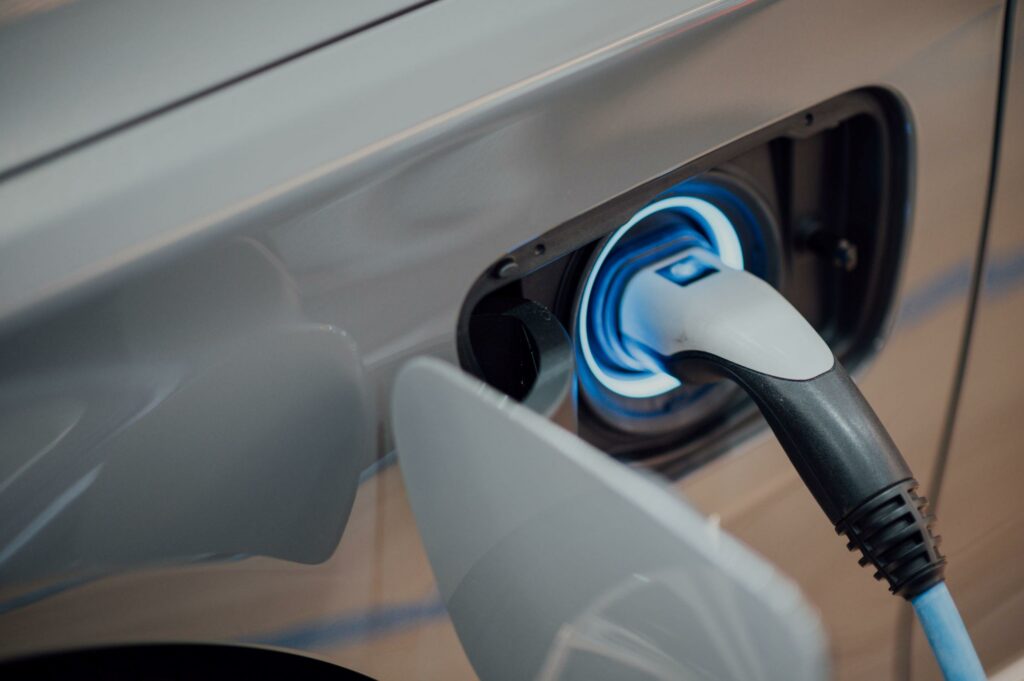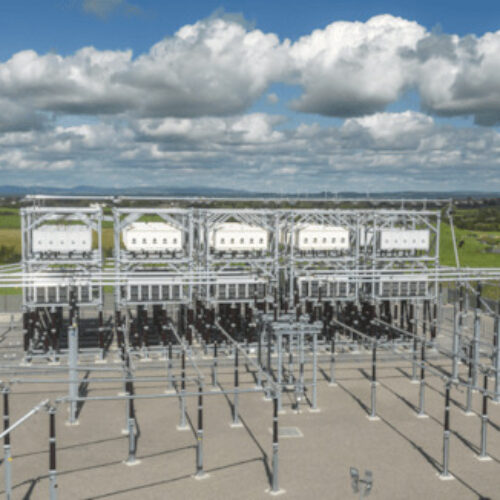With the government’s Energy Bill Relief Scheme set to end in March, the price of charging an EV on a public network could be “significantly more expensive” in comparison to filling a petrol or diesel car, Cornwall Insight has indicated.
Due to the potentially high prices for public charging, major concerns are being cast around the disparity of charging infrastructure and transitioning to an EV.
This could impact the positive traction that the industry has gained in recent months, with the adoption of EVs having increased over the course of 2022. The RAC revealed in early October that pure battery electric vehicle (BEV) figures had exceeded half a million to reach 519,266 at the end of June 2022.
The Energy Bill Relief Scheme, aims to halve the predicted MWh price for electricity and gas for businesses this winter, to £211/MWh and £75/MWh respectively. However, Cornwall Insight indicated that it does not guarantee businesses a fixed unit rate for delivered electricity. Instead, the discount is applied to the wholesale element of the bill.
The commodity costs seen by chargepoint operators (CPOs) have increased substantially over the last few years, with energy prices now dwarfing all other elements of the charging cost stack, Cornwall Insight said.
This puts CPOs in an increasingly difficult position in the market amid the energy crisis. High wholesale gas prices have already increased the price EV drivers are expected to pay by 14% since June, Zap-Map said via its Price Index.
The findings revealed that, in September 2022, the average weighted price of charging at a slow or fast charger – typically found on-street or at a destination such as supermarkets or car parks – was 39p/kWh in the UK.
As well as this, the price for a rapid or ultra-rapid charge point, typically used for high speed en-route charging, was 56p/kWh.
Because of this, the overall increase for slow and fast chargepoints stood at 15% from 34p/kWh in June 2022, with rapid and ultra-rapid chargepoints seeing an increase of 14% in the same period. It previously stood at 49p/kWh. This has led to an increase in charging prices by CPOs.
“The mixed bag of price cuts and price hikes announced by charge point operators (CPOs) since the introduction of the Energy Bills Relief Scheme illustrates the challenge facing these companies,” said Oliver Archer, lead analyst at Cornwall Insight.
“The Scheme lightens the load, but only through the winter, with CPOs facing an uncertain landscape when the scheme ends in April. With the commodity market expected to remain high, acting now to prepare robust risk management strategies will be crucial in charting a course through 2023.
“If conditions do not improve, we may see some companies struggle to maintain and build their networks, at a time when we want to be accelerating the rollout to support EV drivers.”





